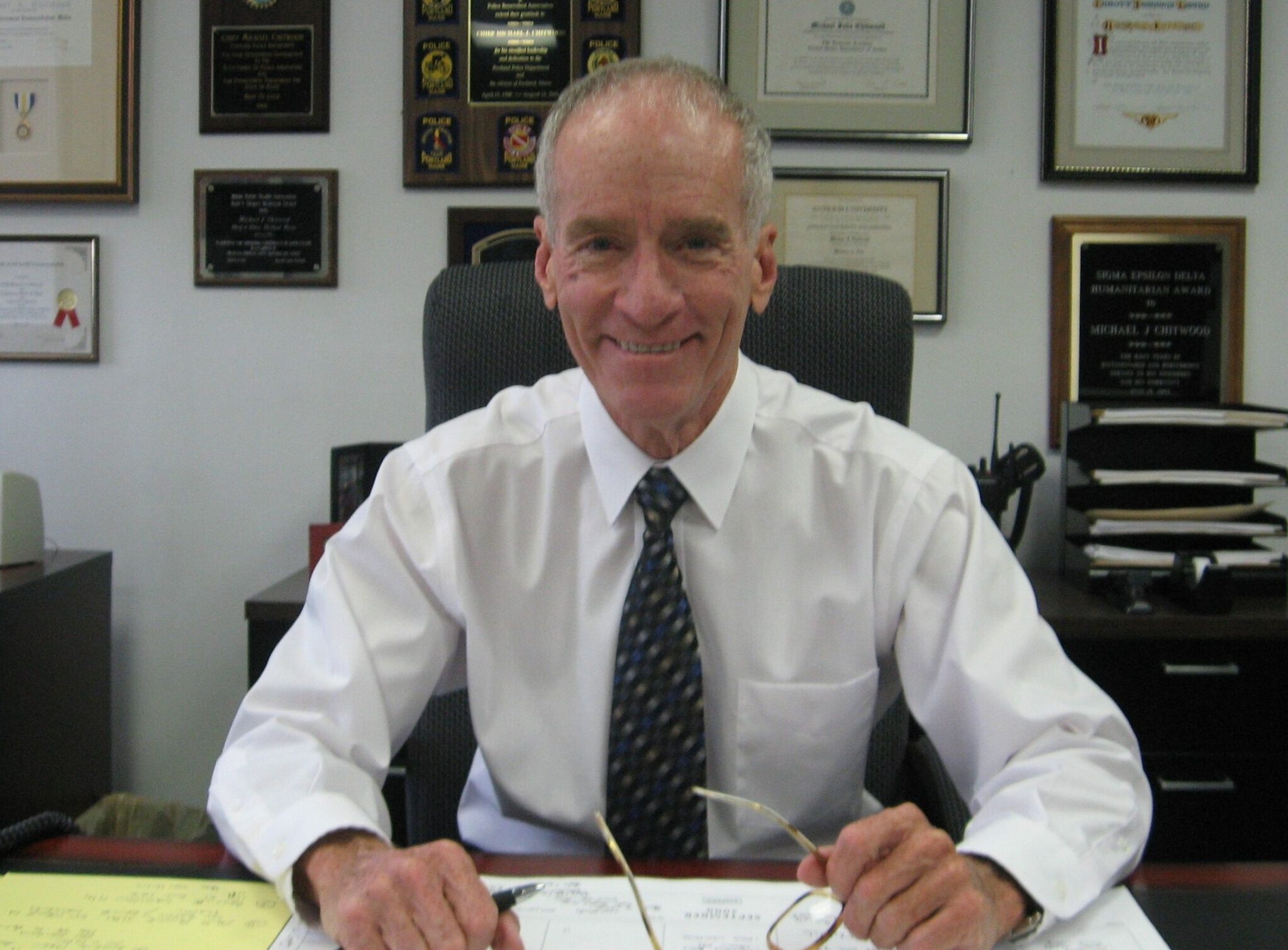Mike Chitwood is a 55-year law enforcement veteran, best known for the 14 years he spent as the Upper Darby Police Superintendent. Chitwood also spent 19 years as a Philadelphia police officer and another four as Middletown Township’s police chief.
The Delaware Valley Journal sat down with him to discuss the current surge of crime on the streets of Philly and what it could mean for the suburbs if it continues.
Q: What is driving the crime surge in the city? Is it guns? Drugs? Prosecution policies? The pandemic?
A: In my opinion, it’s a combination of everything. It’s guns, it’s drugs, it’s prosecution, it’s “defund the police.” All of these factors play a role. I don’t think the pandemic has anything to do with the insurgence of crime as we see it today. The pandemic if anything would eliminate a lot of issues because people started staying away from various locations. They didn’t go out. The pandemic kept people in and had people thinking about illness instead of violence.
Q: What are some of the consequences of the surge?
A: The first thing is the quality of life has dissipated in certain neighborhoods. [The] business community is thinking twice about moving into urban areas, especially Philadelphia. You’re seeing very few people trudging into Center City. The nightlife is gone, the business is gone, the restaurants are gone. The unfortunate thing is most of the crime you’ve seen committed is usually in the poor neighborhoods. Those communities are very supportive of the police. You’ve got to work to get it, but when you lose that you lose everything.
Q: How worried do Philadelphia suburbanites need to be about the rise in crime in the city?
A: I think that the crime rate is going to continue to get worse. I see it based on the amount of drugs that are coming in across the border. All those things will hit the inner city, and those drugs will be more destructive than we already see. With the destruction caused by drugs, you have guns. If you raid a house for drug activity distribution, guarantee you’re going to come out with a gun. It happens all the time. When I was in Upper Darby… that’s what you saw: guns and drugs automatically. I think it’s going to get worse before it gets better.
Q: Is it possible the crime surge could spill into the suburbs as well?
A: Absolutely. I stay in contact with people in Upper Darby and… I was just waiting for all the negative stuff in Philadelphia to come into Upper Darby. And all those little communities that border Philadelphia, eventually that will spill out into the suburbs. I hope and pray it doesn’t, but it will. And I think more and more suburban people are going to see the impact of what the big cities are seeing unless they support the local police and let the police do their job.
Q: What are lessons that you’ve learned in your time on the job that could help now in Philadelphia?
A: The first thing is the law enforcement communities have to understand and reach out to minority community members and build the trust that does not exist. Are you going to get everybody on your side? No way. But are you going to get the leaders that will stand up and support you? You need those community leaders. If you don’t have them, you have a problem. The second thing is the training. They developed a strategy called “contain and negotiate.” If somebody was armed with a weapon, you would have people specific to negotiate a peaceful surrender. Take that “contain and negotiate” and expand it further.
We should be focused on what makes people tick. And if we understand that and we understand ourselves, then I believe you get a better police department and community involvement. You need to know how to talk to somebody. I was probably guilty of it in my career. But I learned, I matured, I grew, and I think that’s what officers have to do. And you have to support the local police. Why should I go out and risk my life if nobody supports me? But the thing I hear is “there is no leadership.” From the police commissioner, the mayor, and the [city] council. And when you don’t have that, you’re out of luck.
Q: What advice would you give suburban chiefs to avoid crime rising in their counties, too?
A: You have to be aware. You have to lead. And you have to be involved in the community at large. The community has to support you. It means getting out of your office. Sometimes I see where [officers] in suburban communities don’t know how to interact with people. You can avoid a lot of negative interaction if you just treat people with dignity and respect. That’s all you have to do. You approach things in a positive, professional way, regardless of what the issue is, and 99 percent of the time you’re going to get a positive result.
So it’s the same scenario that big-city America faces today, the scenario that suburban communities face. It’s going to happen, it’s just a matter of time.

